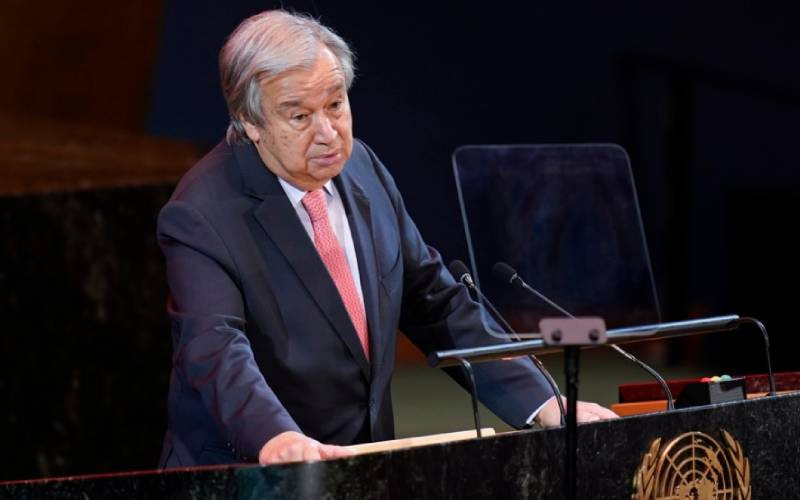×
The Standard e-Paper
Join Thousands Daily

With COVID-related school disruptions setting back children around the world, activists implored world leaders Monday to prioritize school systems and restore educational budgets slashed when the pandemic hit.
The summit on transforming education, held at the U.N. General Assembly ahead of the annual leaders' meeting, called on the world's nations to ensure that children everywhere from sub-Saharan Africa to the United States don't fall too far behind.